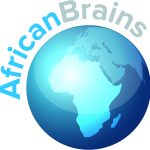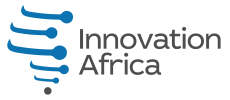EDUCATE AND SKILL AFRICA FOR THE 21ST CENTURY
The overall theme of Innovation Africa 2025 is aligned with the completion of Africa’s “Year of Education”, with he mission statement: Building resilient education systems for increased access to inclusive, lifelong, quality, and relevant learning in Africa.
Half of the summit time is devoted to scheduled meetings between government ministries, industry leaders, civil society, universities and multilateral development partners. The other half of the program will be a mixture of ministerial Q & A panels and thought leadership presentations.
To achieve resilient education systems with equitable access and greater investment in teacher development along with educational technology, the panel sessions and presentations will cover nine main themes:
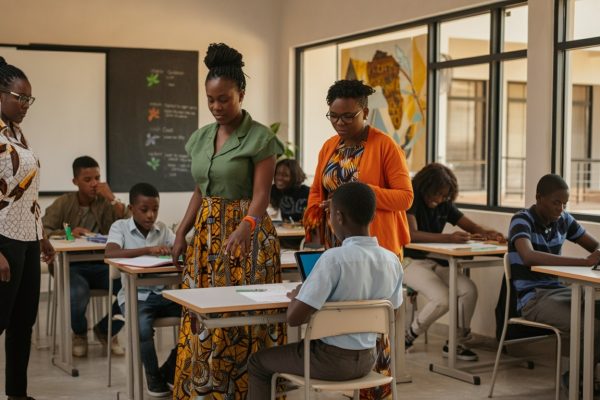
Educational Transformation
Transforming the education and skills development systems in Africa requires greater alignment with the aspirations of African youth.
The key is implementing equitable access policies while investing more in teacher training, enhancing problem-solving and collaboration skills, and the digitisation of learning materials through leveraging innovative EdTech.
Courtesy of UNICEF Transforming Education Report
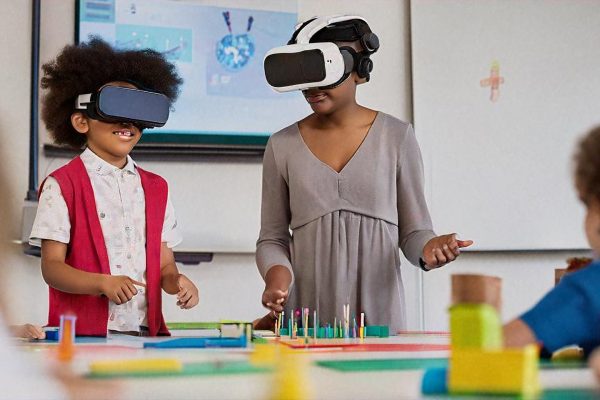
EdTech & ICT Innovation
Expanding access to digital devices and connectivity for learners and teachers is fundamental to government policy in Africa.
Investment in EdTech across the continent will grow from the $3bn (2021) to $57bn in 2023. A 1,800% increase in expenditure since the pandemic. Digitizing learning materials is key to addressing the imbalances and securing transformation.
Courtesy of Injini African EdTech Report
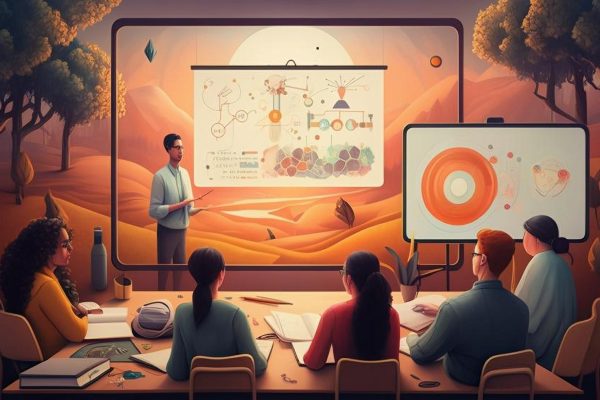
Teacher Training & Development
Teacher Professional Development (TPD) has seen growing regulation in Africa for performance and compliance.
There is now an urgent need for governments to work with partners who can provide wholesale solutions to increase teacher agency in educational design, and to better match TPD provisions with the learning priorities of students, continuous assessment and the classroom realities of teachers.
Courtesy of Mitchell, R., et al. Teacher Development in Africa Report
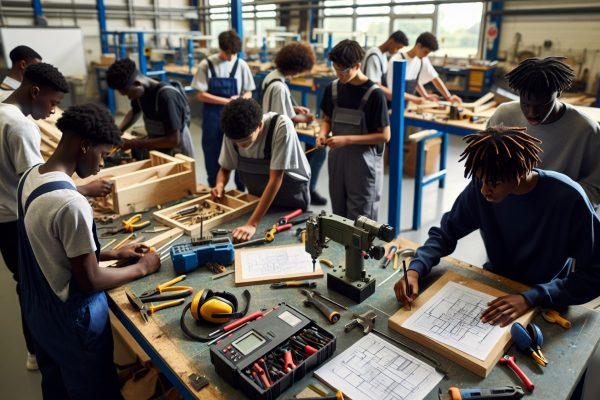
Technical & Vocational Skills
TVET is regarded as a critical component of any robust African education system. The need to better bridge the gap between education and vocation through skills development is central to all policy-makers.
High-quality TVET that delivers practical and market-relevant skills can enhance employability, and boost the productivity of the workforce. It serves as a crucial conduit for bridging the gap between innovation and application.
Courtesy of African Union, TVET in Africa Report
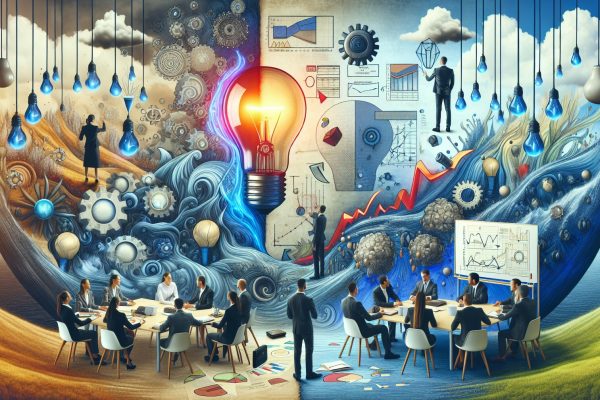
Curriculum & Assessment Reform
Many countries in Africa have implemented curricula reform, to better align their education systems with societal needs. Reforms includes critical thinking,
AI & innovative technologies and critical-thinking, alongside technical skills that align with emerging industries. Combined with assessment reform, this better prepares African students for the demands of the global economy.
Courtesy of UNESCO, Foundational Learning in Africa Report
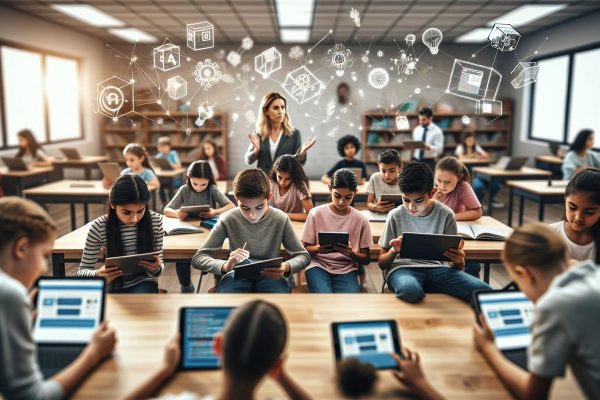
Digital Learning & Literacy
In some cases, the pandemic worsened existing vulnerabilities within African school systems. Digital learning technologies are a powerful tool in shaping the future of education in Africa. Internet usage has seen rapid growth.
Digital education offers a cost-effective approach to enhancing a country’s performance without significant physical infrastructure investments. Mobile devices, widely accessible across Africa, are catalysts.
Courtesy of UNESCO, GEM Technology in Education Report

STEM & Tertiary Education
Central to Africa’s Year of Education is investment in STEM education. STEM represents a vast and crucial domain of knowledge.
Integrated STEM Education, with a dynamic pedagogical approach, surpasses traditional teaching methods by intentionally combining the four disciplines into a single cross-disciplinary program that cultivates both technical and 21st-century skills through real-world problem-solving.
Courtesy of UN, STEM in Africa Factsheet
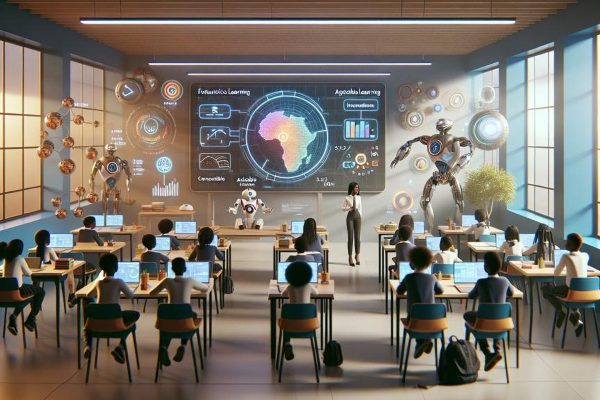
Impact of AI in Education
With the fastest growing workforce in the world, Africa can play a consequential part in the AI ecosystem. By 2030, AI will add 6% to Africa’s GDP and any effective strategy to build a competitive workforce starts in the classroom.
AI has the potential to improve education systems, such as freeing up teachers’ time to provide more personalised support to learners. We need to better understand the risks and opportunities.
Courtesy of Chisom, O., et al. IJARRS (vol 5, 10), AI in Education, Africa Review

Africa's Year of Education
Theme of The Year 2024 : “Educate and Skill Africa for the 21st Century”. The central goal is of “Building resilient education systems for increased access to inclusive, lifelong, quality, and relevant learning in Africa.”
UNESCO research sets out that an additional $77bn is required for African countries to reach their education targets and an additional 15 million teachers are needed to achieve universal primary and secondary education.
Courtesy of AU/UNESCO, Equitable Education in Africa, Policy Report.
For more details of the summit content, program and how to participate please click “enquire”.
AfricanBrains is committed to advancing educational and digital transformation in Africa through connecting government, civil society and industry. Innovation for Africa
